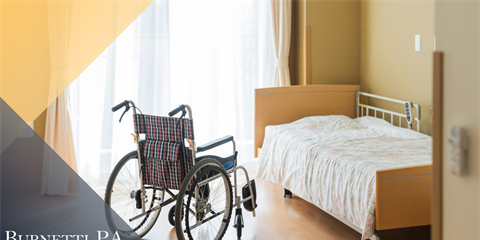Nursing homes provide a safe and secure space for those who need additional care and assistance. Unfortunately, many elderly residents in these homes are more likely to suffer from common infections due to the close proximity of patients. Bacterial and viral infections can easily spread from one resident to another, making it necessary for nursing staff to take every precautionary measure against disease.
Common infections that may arise in nursing homes include influenza, pneumonia, urinary tract infections, skin infections, and gastroenteritis. While there is no foolproof way of protecting elderly residents from all illnesses, healthcare staff can utilize preventative measures such as good hygiene practices and vaccination programs in order to decrease the risk of infection.
How Infections Occur In a Nursing Home
Infections can spread quickly in nursing home environments due to the communal living structure, as well as because many residents have weakened immune systems. The close proximity of elderly patients and the sharing of space and equipment allows germs to move from one person to another easily.
Proper hygiene practices, such as regular handwashing, particularly after contact with an affected individual or surfaces they have touched, are essential for preventing the spread of infections. Nursing homes should also regularly disinfect shared surfaces and equipment, launder linens and clothing promptly, screen staff on health when they arrive for their shift and keep visitors to a minimum.
Following these guidelines will help reduce the occurrence of pathogens in nursing homes and prevent further infections.
What Is the Nursing Home’s Responsibility to Prevent Infections?
As the medical needs of our aging population increase, nursing homes have become vital for many people. However, with increased resident interaction, it is essential to consider how infections can rapidly spread in any long-term care setting. Nursing homes have a responsibility to create and maintain effective infection control policies that prioritize the health and safety of their residents.
This includes steps such as instituting frequent handwashing, keeping communal areas clean and disinfected, providing visitors with masks or gloves, and limiting shared items between residents. Additionally, they should also ensure proper training of staff on infection prevention techniques and collaborate with local hospitals to access adequate testing and treatment resources when necessary.
Through diligent implementation of policies like these, nursing homes can help protect elderly loved ones from disease while ensuring they receive the care they need during these difficult times.



